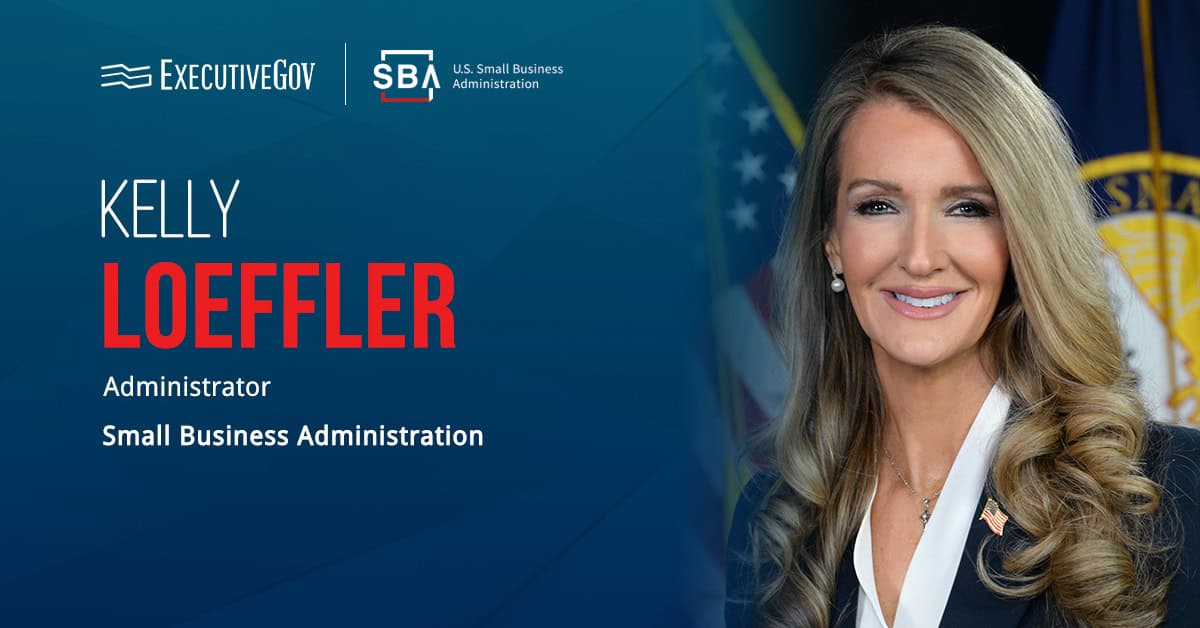 A midterm evaluation report about the 2011 decadal survey for physical and life sciences research says NASA should create a transition plan on how to perform microgravity research, SpaceNews reported Tuesday.
A midterm evaluation report about the 2011 decadal survey for physical and life sciences research says NASA should create a transition plan on how to perform microgravity research, SpaceNews reported Tuesday.A National Academies panel made the recommendation in the Dec. 15 report as NASA and its international partners plan to cease operations of the International Space Station by 2024.
NASA should advance research efforts in low Earth orbit beyond 2024 and consider the use of alternative platforms such as free-flying satellites, commercial suborbital vehicles and terrestrial laboratories that do not rely on the orbiting laboratory’s microgravity research capabilities, according to the report.
“Extended durations in microgravity, measured in years, will continue to be required to best meet deep space exploration research needs,†the report added.





